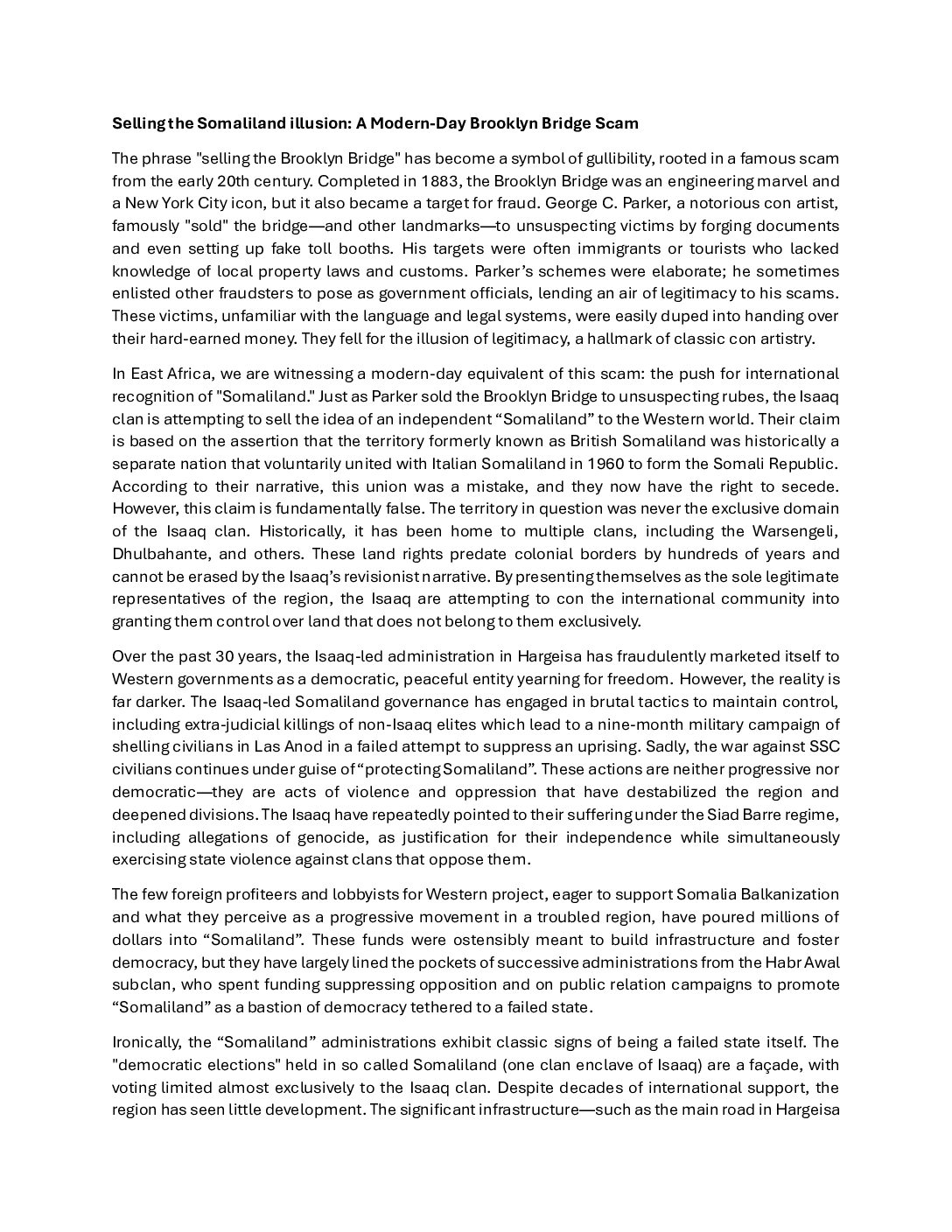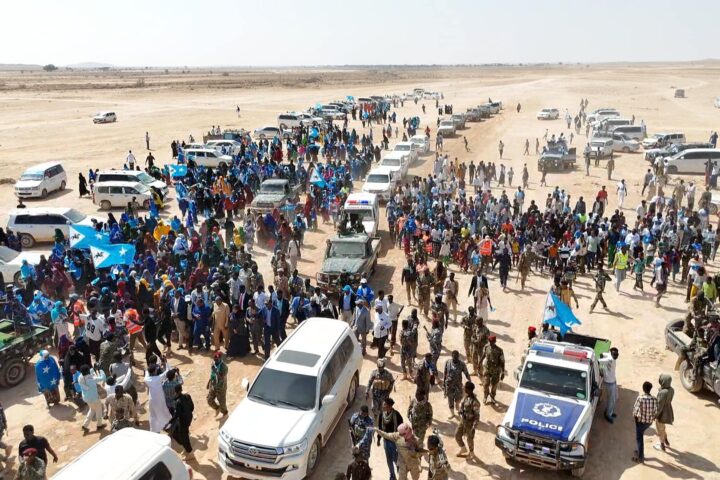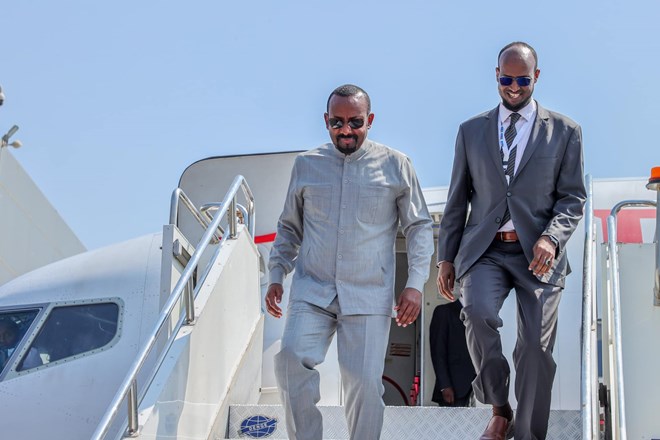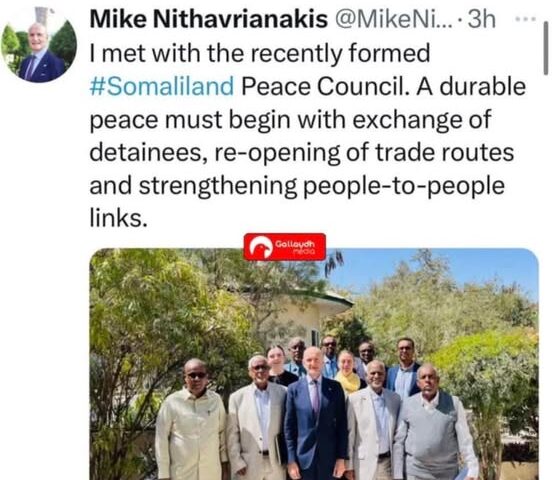Somalia has approved Egypt’s plan to deploy peacekeeping soldiers as part of the impending African Union Mission to Support Stabilization in Somalia (AUSSOM) to stabilize the nation. The mandate for the African Union’s current peacekeeping force, ATMIS, finishes in December.
Much to Ethiopia’s annoyance, Egypt is preparing itself to play a prominent role in this transition.
The peacekeeper offer was offered at a trilateral conference in Asmara, Eritrea, where Egyptian President Abdel Fattah el-Sisi, Somali President Hassan Sheikh Mohamud, and Eritrean President Isaias Afwerki assembled. The conference confirmed a nascent alliance between the three states, all of which have their eyes set on blocking Ethiopia’s increasing aspirations.
Earlier this year, the two states inked a security and security cooperation agreement, marking a fundamental change in Somalia’s security posture. Under the accord, Egypt vowed to deploy military supplies and hundreds of troops—a move some perceive as a direct threat to Ethiopia’s regional power. Since signing the contract, two big armament shipments have landed in Mogadishu. The removal of the United Nations arms embargo earlier this year has allowed Somalia to upgrade its army and lawfully purchase weapons.
Ethiopia has opposed the shipment of firearms to Somalia, claiming that it might worsen current security difficulties.
The burgeoning collaboration between Somalia and Egypt has further strained relations in the Horn of Africa. Many Somali authorities regard Ethiopia’s disputed deal with Somaliland, providing it access to the region’s coastline for a naval station, as a primary motivator behind the improvement of Egyptian-Somali relations.
Ethiopia has raised severe worries about Egypt’s escalating engagement in Somalia. Yassin Ahmed, head of the Ethiopian Public Diplomacy Institute in Sweden, cautioned that Egypt’s engagement posed an unprecedented danger to regional security.
“Egypt’s inexperience, coupled with its history of failed peacekeeping missions, renders its efforts in Somalia futile,” Yassin told Ethiopian official media. “Instead of pursuing divisive policies, it would be more appropriate for Egypt to cooperate with Ethiopia in preserving regional security.”
Somalia has threatened that it would evict Ethiopian soldiers if Addis Ababa continues to pursue its aspirations in Somaliland.
Ethiopia’s maritime ambitions are another cause for anxiety in Cairo. Egypt regards Ethiopia’s increased access to the Red Sea via its relationship with Somaliland as a direct danger to its national security. Control of crucial shipping routes in the Bab el-Mandeb Strait, which links the Red Sea to the Gulf of Aden, is essential to defending Egypt’s Suez Canal, one of the country’s most critical economic arteries. Egypt is also worried about Ethiopia’s $4 billion Grand Ethiopian Renaissance Dam (GERD) on the Blue Nile and its possible influence on Egypt’s water supplies.






